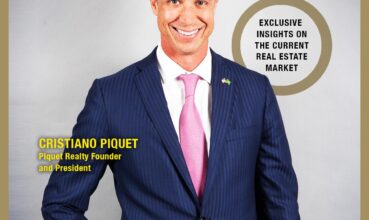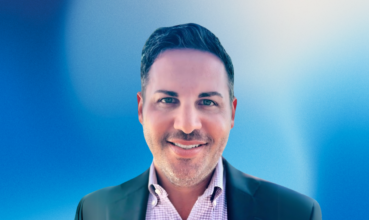“I think it’s an evolution more than anything,” explains Josh Simon, Principal at CPG, reflecting on the changes reshaping Washington DC’s office market. “More ...
Mountain Shore Properties' Stephen Wendell on Multi-Asset Development Strategy




“What sets us apart is our willingness to embrace asset and geographic diversification… in
development, it’s particularly challenging to operate across multiple states, identify properties,
and truly understand those markets.” – Stephen Wendell, Founder & CEO, Mountain Shore Properties.
While most developers specialize in a single asset class, Mountain Shore Properties distinguishes itself with a deliberately diversified approach spanning hospitality, multi-family, and industrial projects across 13 states and nearly 30 cities. This strategic differentiation has become a hallmark for the company led by Stephen Wendell, his father Charlie Wendell and Ryan Reich, who together have grown the business from roadside hotels to a sophisticated real estate development firm with a distinctive investment model.
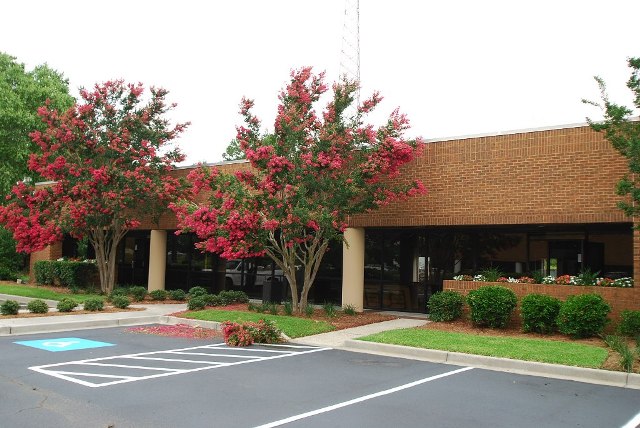

The Evolution of a Family Business
The roots of Mountain Shore Properties stretch back to the early 1980s when Stephen’s father entered the hospitality industry, opening his first hotel—a Holiday Inn in West Virginia—the very month Stephen was born. “As I like to say, I was born into hospitality,” Wendell explains. His father went on to build several early Hampton Inn properties, including the 13th location in the country, gradually expanding his real estate holdings throughout the decades that followed. Meanwhile, Stephen pursued a different path initially, attending Princeton for his undergraduate studies and later the University of Virginia for law school. After graduating during the recession following the global financial crisis, he worked briefly for the Philadelphia Eagles on a secondment from his law firm, Proskauer.
It was during this time in Philadelphia that Wendell’s real estate instincts emerged. With extra time on his hands, he researched opportunities in the city and connected with a broker who remains a partner today. His first small deal—a mixed-use property on South Street with apartments, retail, and development potential—proved successful. “I convinced several college friends to invest $25,000-50,000 each… and we completed a small but successful deal,” Wendell recalls.
This initial success gave him the confidence to approach his father about a partnership. “Without that experience, it would have been difficult to approach my father and request a position without demonstrating any relevant knowledge or accomplishments.”
A Complementary Partnership
The father-son partnership brought together complementary strengths. When Stephen proposed they transform their collection of properties into a more defined company with a cohesive strategy, he suggested they focus on two areas: non-hotel developments in cities like Philadelphia and Charleston, and upgrading their hospitality portfolio from roadside properties to select-service hotels in urban cores and college towns.
This strategy guided their growth for a decade leading into the COVID-19 pandemic. Along the way, they expanded their hotel brands beyond Marriott and Hilton to include several Hyatt properties, particularly in markets where their preferred brands were already established.
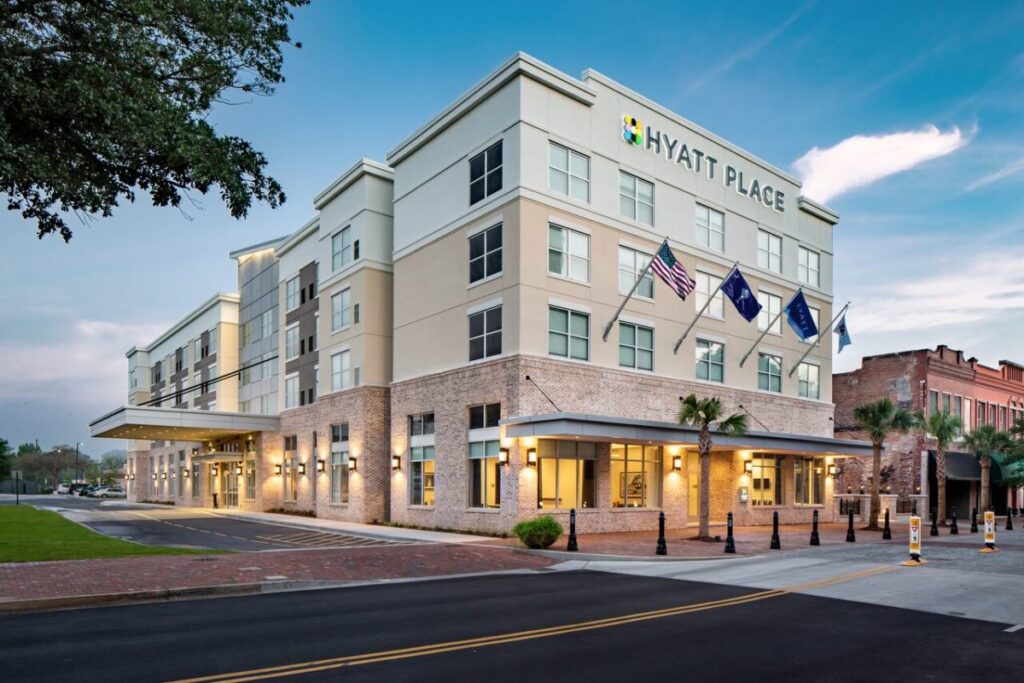

Their different perspectives proved valuable on even their earliest projects. Wendell recalls showing his father that first Philadelphia property, where he had been focused on maintaining parking revenue from the back lot. His father immediately saw greater potential: “Stephen, why are you so focused on the two or three cars that can park there? We should build a house on that lot.” They ultimately split the lot, built and sold a house for a significant profit, and found an “amazing bakery” tenant for the retail space—all while maintaining the apartment revenue.
The Fund Structure: A Model for Alignment and Growth
The pandemic triggered an evolution in Mountain Shore’s business model. “When COVID happened, we started thinking about our collective assets,” Wendell explains. They had previously used different investor groups for each property, but he didn’t like that approach: “I believed everyone should participate on a pro-rata basis across all our investments. We didn’t want investors feeling they missed opportunities simply because they were unavailable during a capital raise.”
This led to restructuring their investment approach into a fund model, which has proven advantageous during the challenging market conditions of the past five years. “While we have some exceptional short-term deals, others are taking longer to ramp up. The fund structure accommodates this variance more effectively, versus requiring each project to perform perfectly on its own.”
Wendell believes the conservative approach to their fund structure helps attract and retain investors. “Our fee structure is deliberately modest rather than aggressive. Additionally, we make substantial equity investments into the fund ourselves.” This alignment of interests demonstrates Mountain Shore’s commitment to shared success with their investors.
While this diversified approach can make Mountain Shore difficult to categorize for institutional investors accustomed to asset-specific funds, it resonates with their friends-and-family investor base. “They appreciate gaining exposure to multi-family in Philadelphia, hospitality in Madison, and industrial real estate in Charleston,” Wendell notes.
A Relationship-Driven Approach with Disciplined Execution
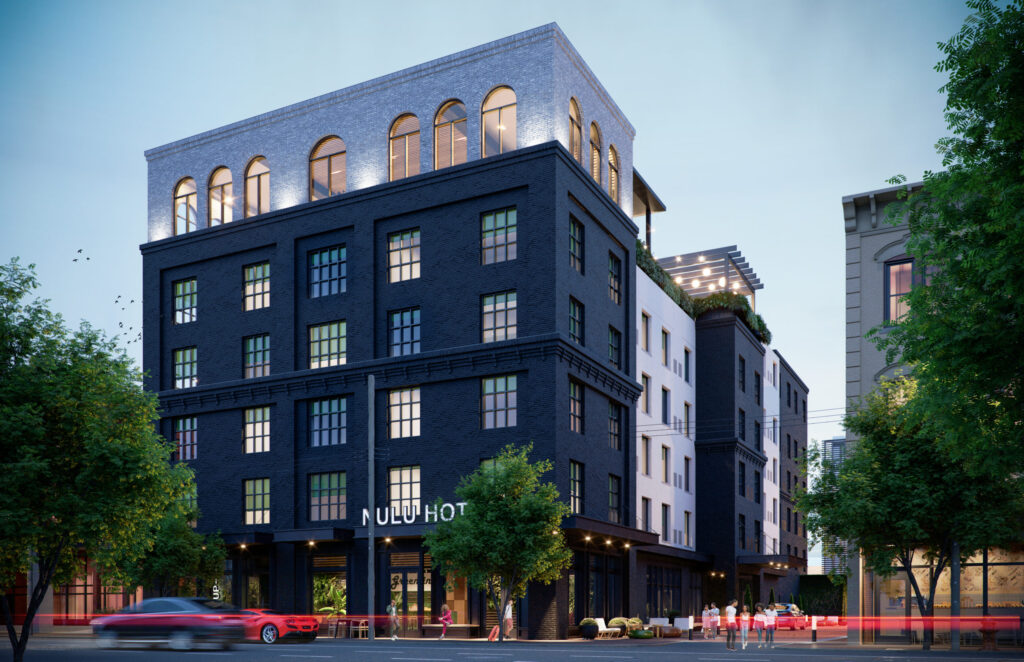

What truly distinguishes Mountain Shore in the development landscape is their relationship-based strategy combined with disciplined execution. “Our business centers on establishing enduring relationships. Often, owners of premium real estate prefer investing their properties rather than selling them outright,” Wendell explains.
In Nulu, a hip submarket of Louisville’s East Market District, Mountain Shore partnered with Bunkhouse, now a Hyatt-owned brand formerly owned by Standard International, to develop Hotel Genevieve. In the Catskills, the owners of Rivertown Lodge in Hudson were the perfect design partner for Camptown. The partnership will soon open a stand-alone private event venue with stay accommodations due to the success of The Meadow, where weddings and gatherings hold up to 240 people at Camptown.
These partnerships can take years to develop. The Madison, Wisconsin hotel project Wendell is currently developing—a conversion of the 1915 Churchill Building, “the first skyscraper in Madison,” into an 84-room Marriott Tribute hotel—illustrates this patience. “I first met that family in 2019, and we’re beginning construction this summer. That represents over five years from initial meeting to project commencement.”
During that extended relationship-building period, Mountain Shore and the Madison family have collaborated on other projects, including an apartment complex outside Madison and an office project in Milwaukee. Now they’re exploring potential opportunities together in Boise, Idaho. Wendell attributes their success to a combination of discipline, loyalty, and alignment of interests. “We maintain a strong work ethic and loyal organizational structure,” he explains, noting that some team members have been with the company for nearly four decades. This commitment to relationships extends beyond external partners to their internal team, creating stability that investors and partners value.
A Personal Homecoming Project
Among Mountain Shore’s diverse portfolio, one project stands out as particularly meaningful. In Fayetteville, West Virginia—Wendell’s hometown—the company is converting a complex of three abandoned school buildings into a mixed-use development anchored by a 40-room boutique hotel called Hill Hall. The project holds deep personal significance, as Wendell’s father attended these very schools decades ago.
The adaptive reuse project is ambitious: one building has already been transformed into fully-occupied apartments, the former gymnasium now serves as a co-working space for West Virginia’s ASCEND remote worker program, and the remaining two buildings—affectionately called “the middle school and the high school”—are being connected to create the hotel.


The hotel’s restaurant will be named “Patsy’s” after Wendell’s grandmother, who he credits with “creating the entire historic district that is the town of Fayetteville.” The menu will feature recipes from her handwritten family cookbook, honoring her legacy in the community she helped preserve.
“There aren’t many projects in your real estate development career that are this personal,” Wendell reflects. “My father is 76—he’s thinking about legacy and what he’s leaving behind.”
As the real estate industry navigates challenging economic conditions with high construction costs, elevated interest rates, and persistent inflation, Mountain Shore’s distinctive model of diversification, relationship-building, and adaptive reuse offers a compelling alternative for developers willing to challenge conventional approaches.
Similar Articles
Explore similar articles from Our Team of Experts.


“Today, it’s all done through email. Buyers are receiving these emails… it’s very inefficient, essentially spammy and chaotic,” explains Gary Kao, Managing Dire...


The commercial mortgage-backed securities (CMBS) market faces a critical test over the next two years as approximately $89 billion in conduit fixed rate loans approach maturity, according to...


“We see customers become better parents. They put down their phones, step away from Netflix, and actually go into their backyards to kick soccer balls around with their kids,” sa...


In the competitive world of commercial real estate, specialization can be the key to success. For Elyse Welch, Partner at Carolina Retail Experts, that specialization manifested in an exclus...


